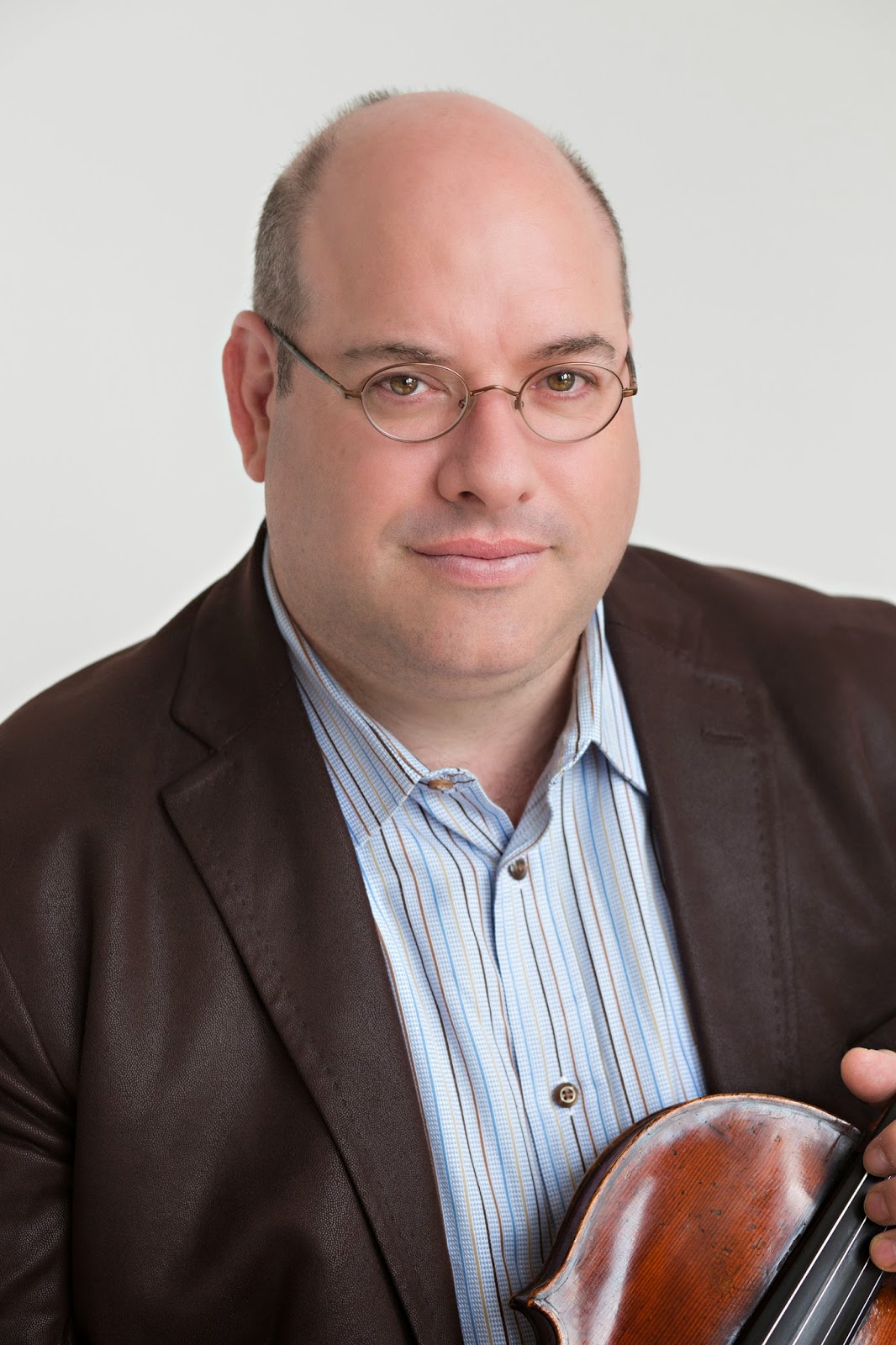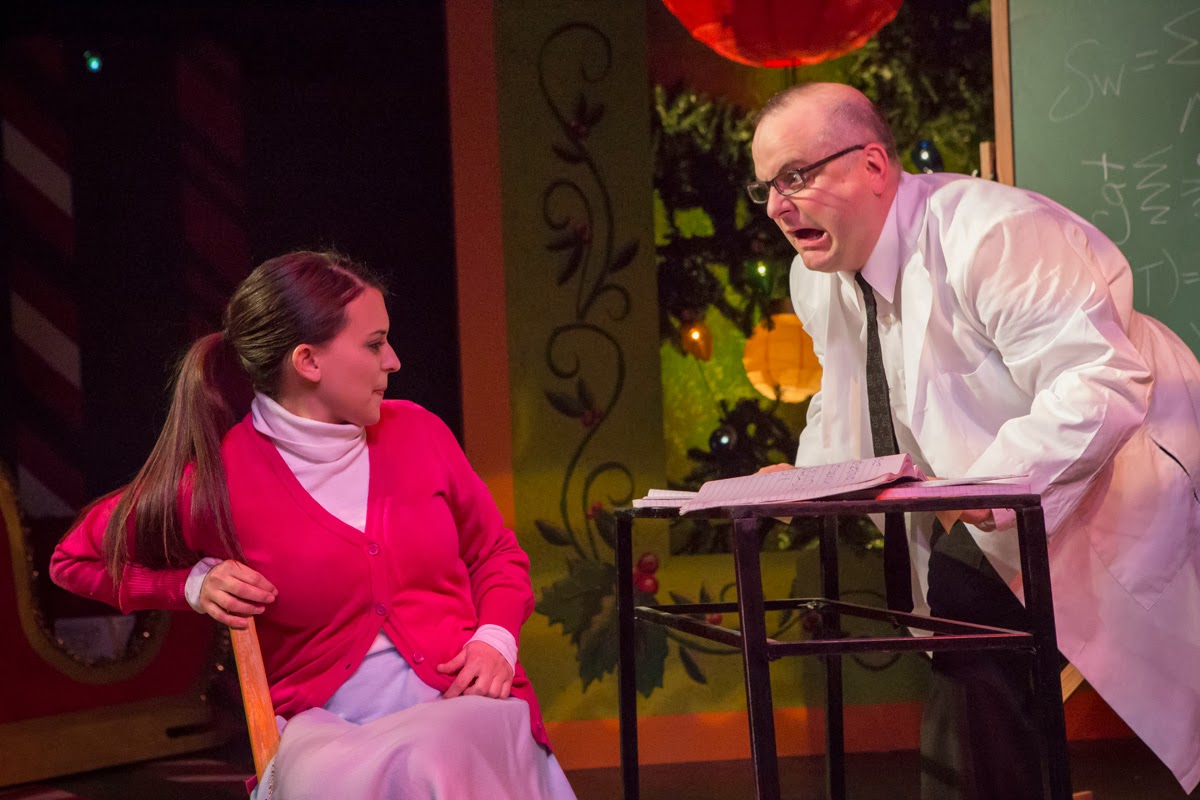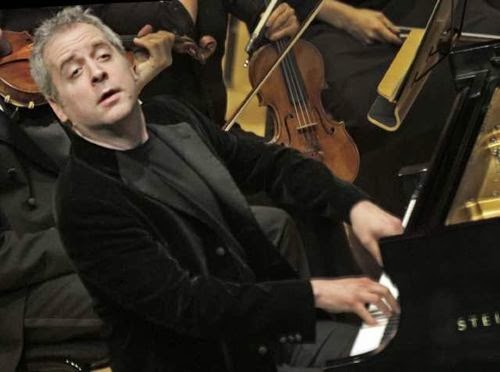'Lend Me a Tenor' dependably lends laughter to launch Beef & Boards' 2014 season

Beef & Boards Dinner Theatre 's hallmark values of "louder, faster, funnier" are well-suited to such an intricate farce, loaded with misunderstandings, door-slamming action and rapid-fire dialogue, as "Lend Me a Tenor." Max and Saunders (Eddie Curry) come up with a ridiculous idea. A comedy without songs (though there are crucial moments of operatic singing in this show) is unusual in a typical B&B schedule. That's evident once again as the season-launching Ken Ludwig play is the exception in a season of musicals . Still, "Lend Me a Tenor" plays to the durable dinner theater's signature strengths. My only concern is that the satisfying opening-night performance played to those strengths almost too much. It was an evening of slam dunks when a few graceful, nothing-but-net three-pointers would have been welcome. Darrin Murrell's direction was in the explicit B&B style from the opening scene, in which we see Maggie Saund














